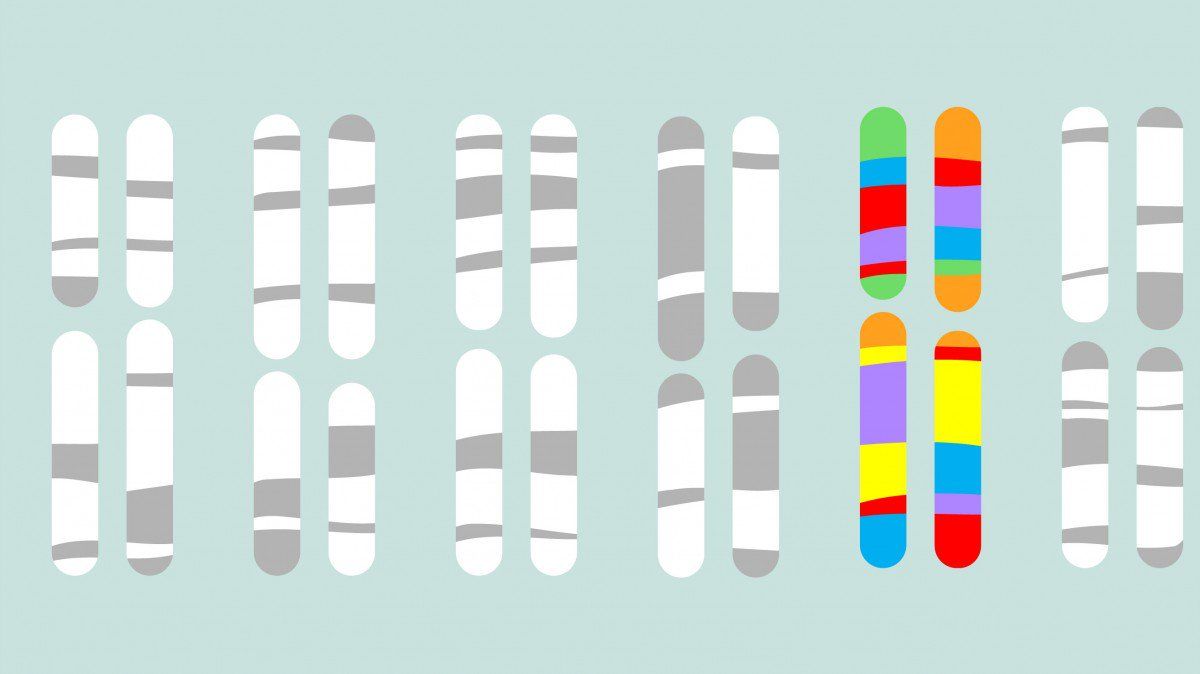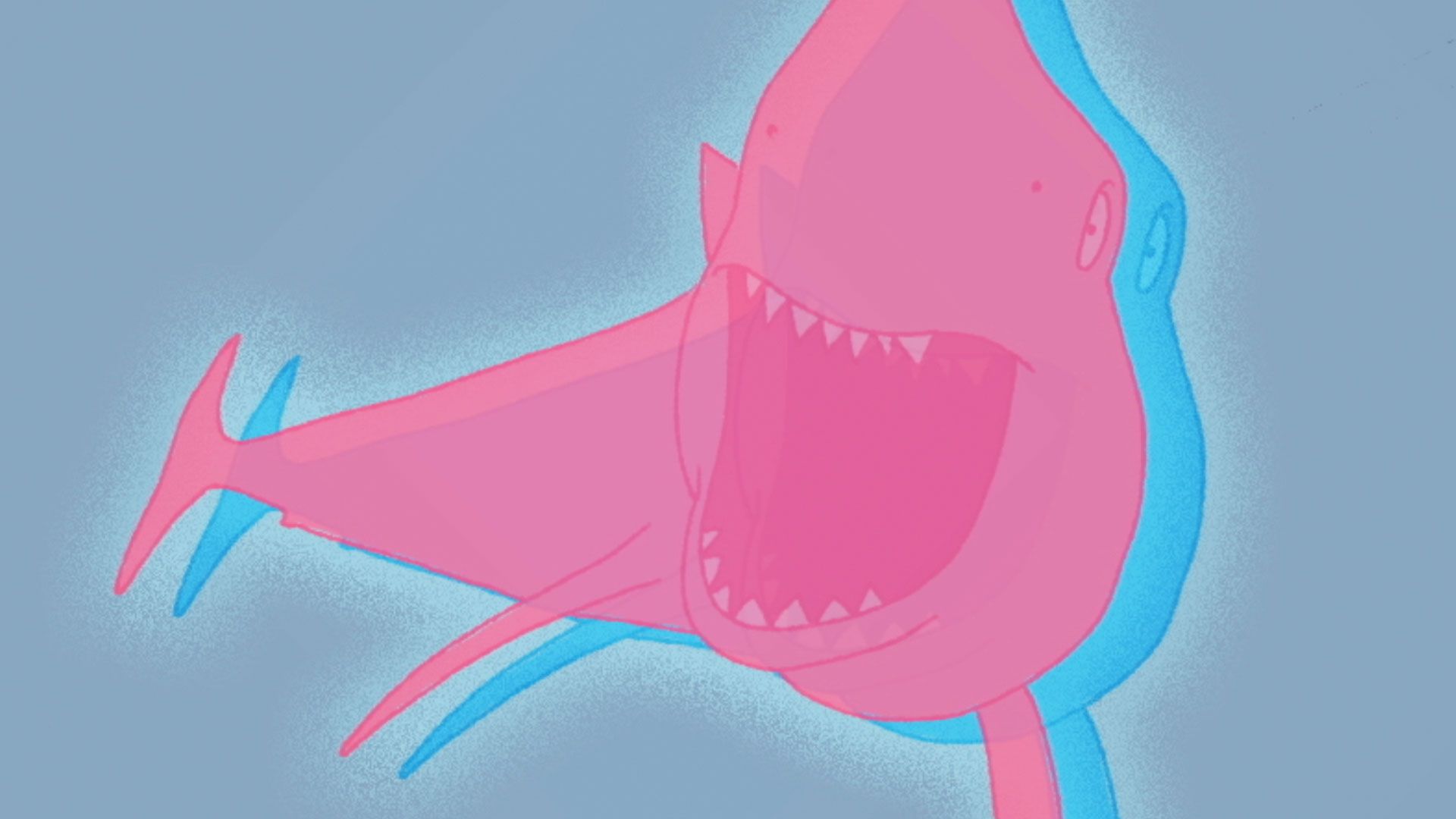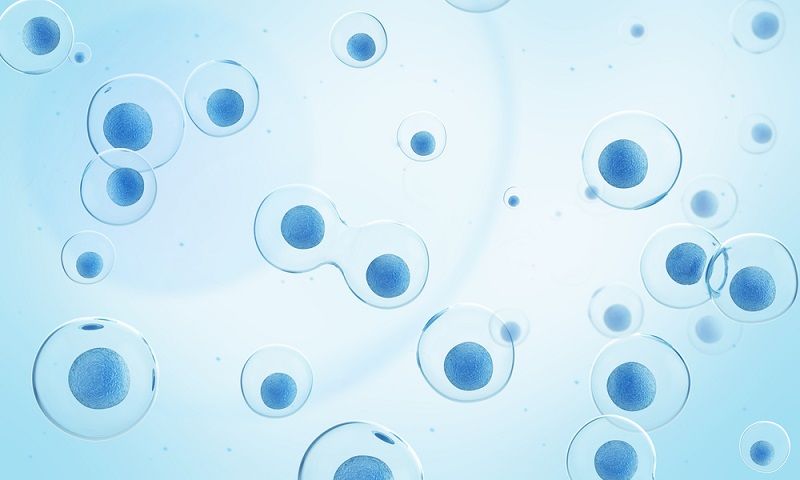The largest-ever study of genetics and sexual orientation offers a theory about the longevity of genes that influence homosexuality.




Getting rid of dirt is one of the largest costs of digging tunnels and Elon Musk’s Boring Company is exploring some creative ways to do that.
They are launching “DIY watchtowers” with bricks made of dirt from their tunnels.
They estimate that the cost of moving the dirt can represent up to 15% of the total cost of a tunnel, which is why they want to turn the dirt into a product itself.

No one in the electric vehicle space has managed to make battery swapping work yet, but Nio is trying big time with 18 new battery swap stations covering a 2,000+ km expressway in China.
Several companies tried and failed at battery swapping. Tesla had a battery swap system that they seemingly abandoned and Better Place went bankrupt.
But you could say Tesla didn’t try that hard and has instead bet on fast-charging and Better Place was a little too ahead of its time.

There’s money to be made and lives to be saved with the tiny stuff that’s all around us.
Saving the world (or some subset of people in it) is in vogue among the world’s wealthiest.
Jeff Bezos has a rocket company, Blue Origin. Bezos believes our future is extraterrestrial, and his rocket company exists because he thinks the price for getting anything off this rock is too damn high.

Tell the FDA to identify and punish organisations who have broken US law by not reporting clinical trial results.
The US’s Food and Drug Administration has at last published its plan to identify and punish the organisations and people who have broken the law by not reporting clinical trial results. The FDA now wants to hear what we think about the plan.
The FDA Amendment Act 2007 says that lots of clinical trials in the US should be registered on ClinicalTrials.gov and report results information there within 12 months of the end of the trial. AllTrials’s FDAAA TrialsTracker shows that 628 clinical trials have broken this law since the first trials became due in January this year. We have written to the FDA every week to update them on the trials that have breached the law and shared with them a rolling estimation of the amount in fines the Agency could levy on the law breakers. The FDA has the power to fine people up to $10,000 a day and we have assessed that they could have raised $904,499,127 – nearly a billion dollars – but no one has ever been fined. That the FDA is now seriously considering how to start doing this is a long-awaited step forward.
These are the draft guidelines. The FDA is asking for comments on them to be submitted here. You don’t have to be a US citizen to comment.

Click on photo to start video.
The Rise of GPU Computing (+ What is Volta, Titan V, RTX…) https://www.facebook.com/singularityprosperity/videos/440193486462231/
In this video, we’ll be discussing the rise of GPU computing and the role it will play in AI computational tasks.
[0:22–5:26] Starting off we’ll look at, the origins of GPU computing and the reason(s) for their mass adoption today.
[5:26–8:13] Following that we’ll discuss, the use of GPU computing for artificial intelligence (AI) computing.
[8:13–9:38] To conclude we’ll discuss, general purpose GPU (GPGPU) computing.

Thoughts on the Eurosymposium on Healthy Ageing held by Heales in Brussels.
When I first learned about the possibility of achieving human rejuvenation through biotechnological means, little did I know that this would lead me to meet many of the central figures in the field during a conference some seven years later—let alone that I would be speaking at the very same event. Yet, I’ve had the privilege to attend the Fourth Eurosymposium on Healthy Ageing (EHA) held in Brussels on November 8–10, an experience that gave me a feel of just how real the prospect of human rejuvenation is.
A friendly, welcoming environment
As EHA was the first conference I’ve ever attended, I didn’t quite know what to expect; given that researchers, activists, and investors from all around the world were invited, I had imagined it would probably be a posh, formal event with violins playing on the background and people in suits and formal dresses discussing topics beyond my comprehension while enjoying champagne. Thankfully, the atmosphere was much more relaxed and informal, elegant but not intimidating, which favored the interaction among participants regardless of their backgrounds—though, alas, the topics discussed were indeed mostly beyond my comprehension, as they involved high-level biochemistry with which I’m nowhere near sufficiently familiar (yet).

LEXINGTON, Ky. (NOVEMBER 15, 2018) – Space Tango, a leader in the commercialization of space through R&D, bioengineering and manufacturing in microgravity, today announced ST-42, a fully autonomous robotic orbital platform designed specifically for scalable manufacturing in space. Launching in the mid 2020’s, ST-42 aims to harness the unique environment of microgravity to produce high value products across industries; from patient therapeutics to advanced technology products that have the potential to revolutionize industries here on Earth. ST-42 is an extension of the International Space Station’s (ISS) capabilities, and NASA’s creation of a robust commercial marketplace in low Earth orbit (LEO).

ST-42 will bring the economics of production in orbit into reality coupling autonomy with the reduced cost and larger number of launch vehicle providers. Space Tango expects the platform to be at the forefront of new breakthroughs in knowledge discovery, therapeutic solutions and manufacturing, and to provide the required capabilities for creation of new biomedical and technology product sectors in the commercial Space economy.

A new study takes a look at the relationship between metabolism, aging, and type 2 diabetes and in particular the mTORC1 protein complex, part of the mTOR pathway.
The mTOR pathway
The mechanistic target of rapamycin (mTOR) pathway is a major part of metabolism and is one of four major pathways that control it; collectively, the four pathways are part of deregulated nutrient sensing, which is one of the aging processes.